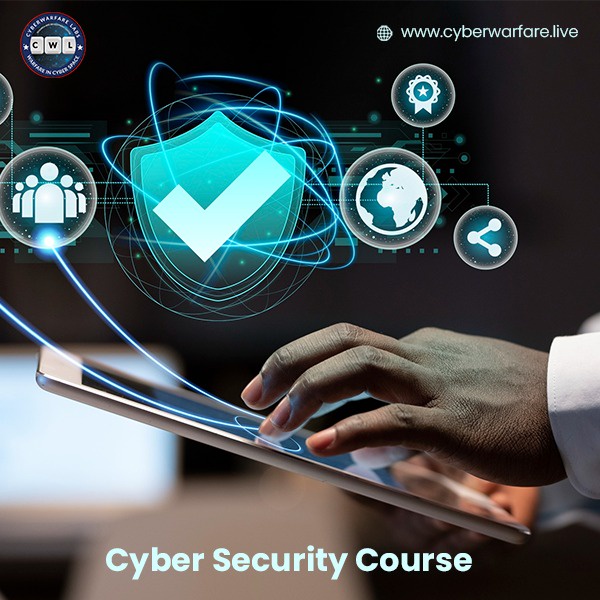Introduction:
In today's interconnected digital world, the threat landscape continues to evolve rapidly, making it crucial for individuals and organizations to prioritize cyber security. Cyber-attacks can cause significant damage, leading to financial losses, reputational damage, and compromised personal and sensitive data. One of the most effective ways to combat these threats is through comprehensive cyber security training. In this blog, we will explore the importance of cyber security training and its role in bolstering our defenses against cyber warfare.
- Creating Awareness:
Cyber security training programs play a pivotal role in creating awareness among individuals and organizations about the various cyber threats they may encounter. From phishing emails to malware attacks and social engineering tactics, training equips participants with the knowledge to identify and respond to potential risks effectively. By raising awareness, individuals can develop a security-conscious mindset and be vigilant in their online activities.
- Developing Best Practices:
A strong cyber security posture is built on a foundation of best practices. Training programs educate participants on essential cyber security practices, such as using strong and unique passwords, implementing multi-factor authentication, regular software updates, and secure browsing habits. By adhering to these practices, individuals can significantly reduce the risk of falling victim to cyber attacks and protect their digital assets.
- Incident Response Preparedness:
No matter how robust our preventive measures are, it is impossible to completely eliminate the risk of a cyber-attack. Cyber security training equips individuals with the necessary skills to detect, respond, and mitigate cyber incidents promptly. Participants learn about incident response procedures, including containment strategies, eradication of threats, and effective recovery processes. This preparedness enables organizations to minimize the impact of an attack and restore normalcy swiftly.
- 4. Defending Against Cyber Warfare:
The increasing prevalence of cyber warfare necessitates a proactive approach to cyber security. Nation-states and malicious actors are constantly developing sophisticated techniques to infiltrate critical infrastructure, government agencies, and private organizations. Cyber security training with a focus on cyber warfare equips individuals with specialized knowledge and skills required to combat these advanced threats. This training often includes topics such as threat intelligence analysis, advanced persistent threats, network forensics, and ethical hacking.
- Fostering a Culture of Cyber security:
Cyber security is not solely the responsibility of IT departments or security teams; it requires a collective effort from all individuals within an organization. Cyber security training fosters a culture of cyber security awareness, encouraging employees to become active participants in defending against cyber threats. By promoting a shared responsibility for cyber security, organizations can create a robust defense against cyber-attacks and build a resilient workforce.
Conclusion:
In an era dominated by technology, the importance of cyber security training cannot be overstated. By creating awareness, promoting best practices, and preparing individuals for effective incident response, cyber security training plays a pivotal role in safeguarding our digital assets and infrastructure. Additionally, specialized training in cyber warfare equips individuals to combat the ever-evolving threats posed by nation-states and sophisticated adversaries. Investing in cyber security training is an essential step towards building a strong defense against cyber-attacks and ensuring a safer digital future for individuals and organizations alike.


No comments yet